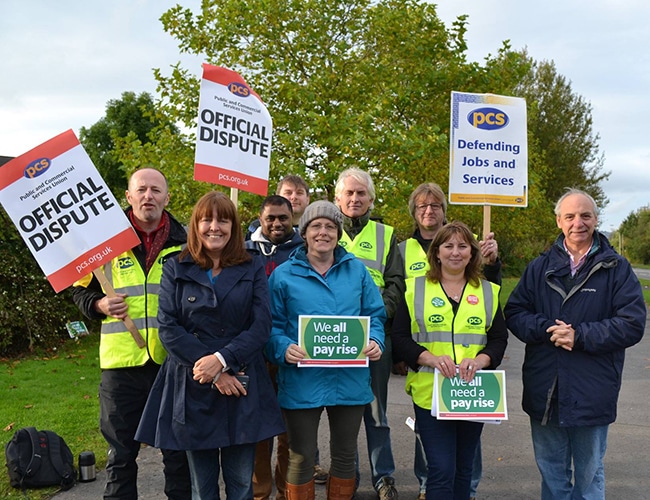- 15/01/2021
- Posted by: Mike Hedges MS
- Categories: Latest News, Press Releases

Mike Hedges MAS welcomes Welsh Government launch of Clean Air White Paper and report on impact of lockdown on air quality
Speaking from his Morriston Office, local MS, Mike Hedges said… ‘ I welcome this white paper and report on air quality during lock down. In my constituency, I have the M4 and several other major roads, along with several industrial plants which contribute to poor health statistics in the area; we have some of the worse asthma rates for Swansea in Swansea East.
I have campaigned for cleaner air legislation since getting elected in 2011 and have campaigned against waste incinerators which cause significant pollution. I will campaign for this White Paper to lead to legislation which will lead to health improvements for my constituents.
I hope that we can restrict incinerators through this legislation as well.
The Eastside of Swansea has escaped its past, blighted by poor air quality, we must ensure that future generations can breath clean air, free from pollutants.
The Welsh Government has published a White Paper setting out its bold plans for a Clean Air (Wales) Bill, which will protect the health of the nation and defend our ecosystems from pollutants in our atmosphere, in law.
It is currently estimated poor air quality contributes to a reduced life expectancy and death, tallying an equivalent of between 1,000 and 1,400 deaths in Wales each year. The World Health Organisation (WHO) states air pollution as the single largest environmental health risk, globally.
A report on the pandemic’s impact on air quality from March – October 2020, which investigates the science of anecdotal claims that lockdown led to cleaner air enjoyed in towns and cities throughout Wales, has also been published. A Consultation on Reducing Emissions from Domestic Burning of Solid Fuels has also been launched.
The report paints a complicated picture: the first two months of lockdown saw significant decreases in some pollutant levels, consistent with reduced traffic. However, other pollutant levels increased.
While less cars on the road meant a decrease of 36% and 49% in nitrogen dioxide and nitrogen oxides concentrations, respectively, at Wales’ roadsides between March and May, a change of weather pattern brought polluting fine particulate matter (PM2.5) from continental Europe. Continued analysis of the longer term changes in air pollution due to lockdown measures will continue as data emerges.
In Wales, poor air quality has an especially pronounced impact on the health of the most vulnerable – such as the very young or very old, or people with cardiovascular diseases and respiratory conditions like asthma and Chronic Obstructive Pulmonary Disease (COPD).
What’s more, air pollution is having a profound negative impact on our natural world, with more nitrogen and pollutants in the atmosphere being a leading factor in the threat of extinction of Wales’ plants and animals.
You can read more about this announcement here.

